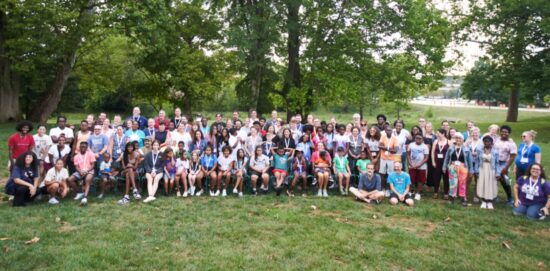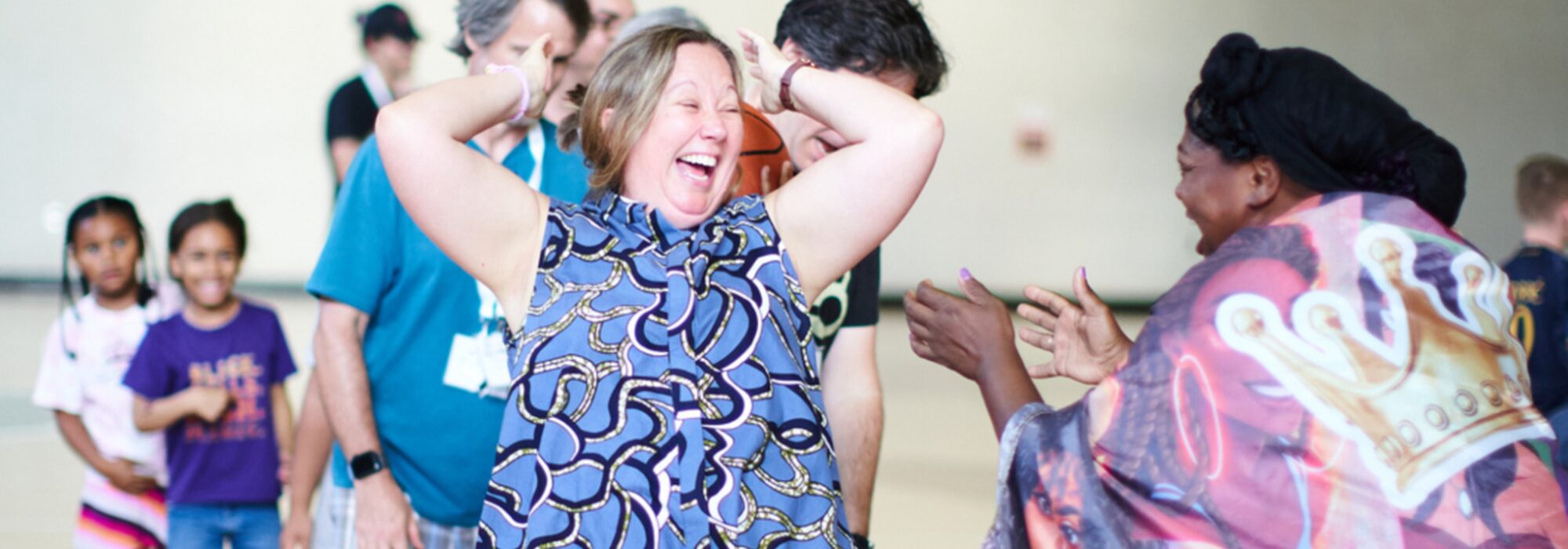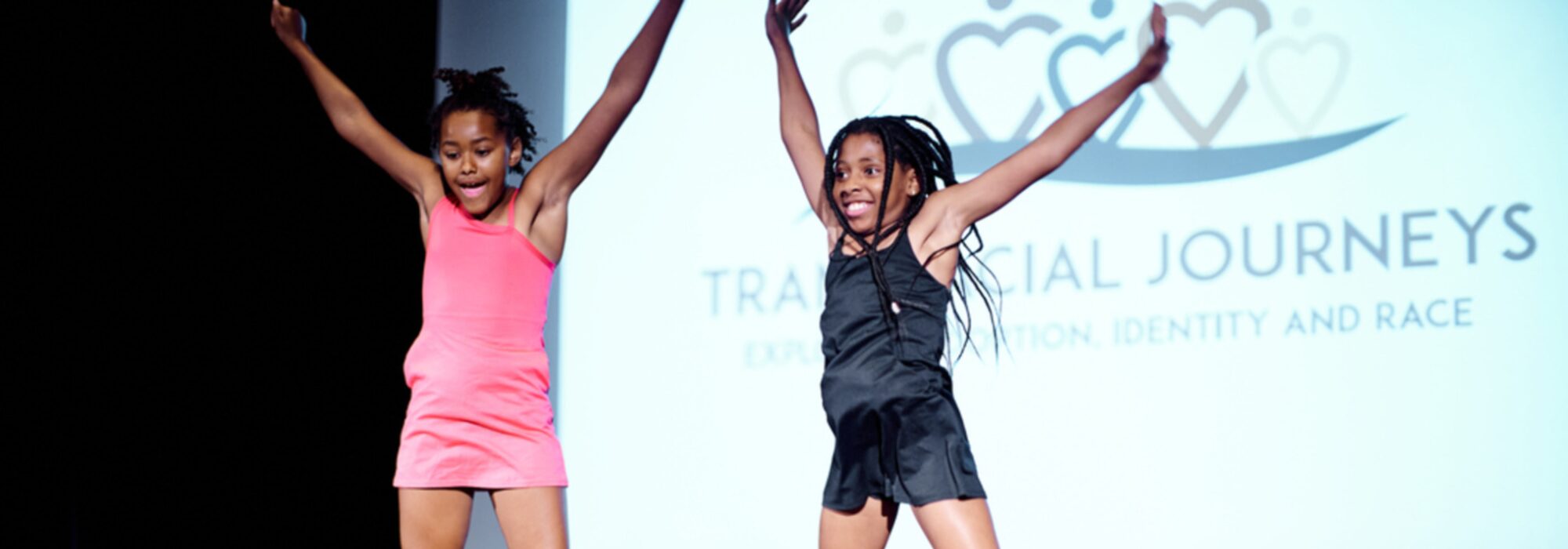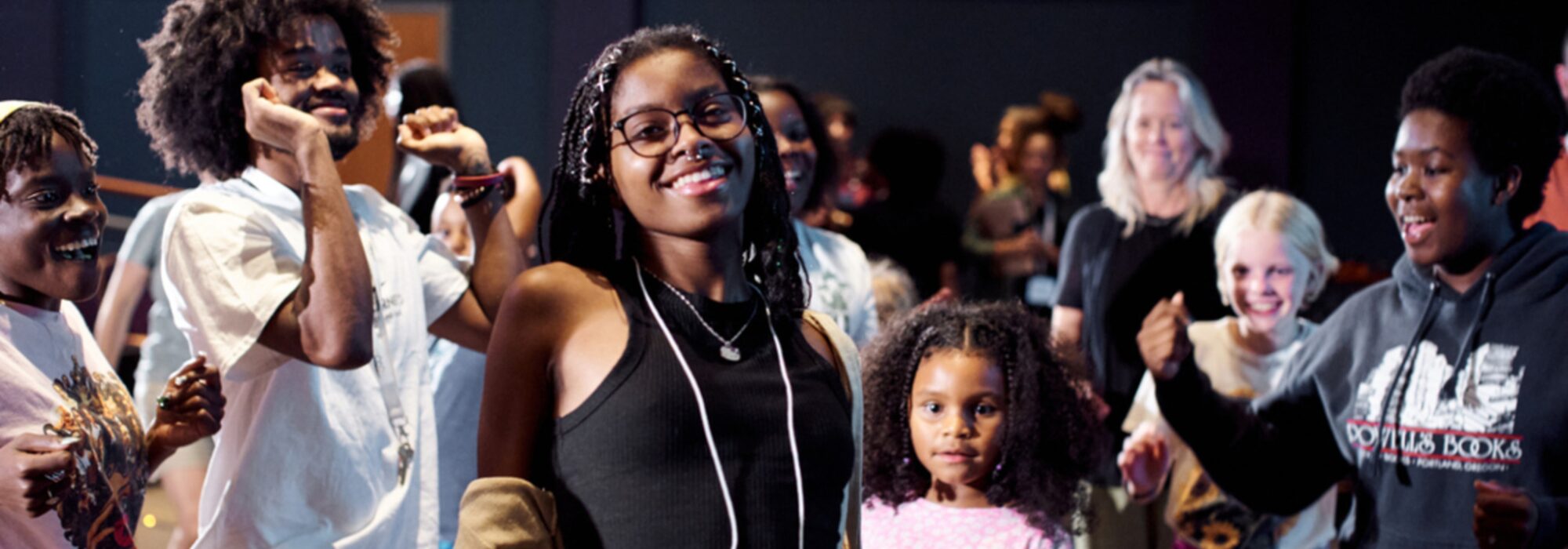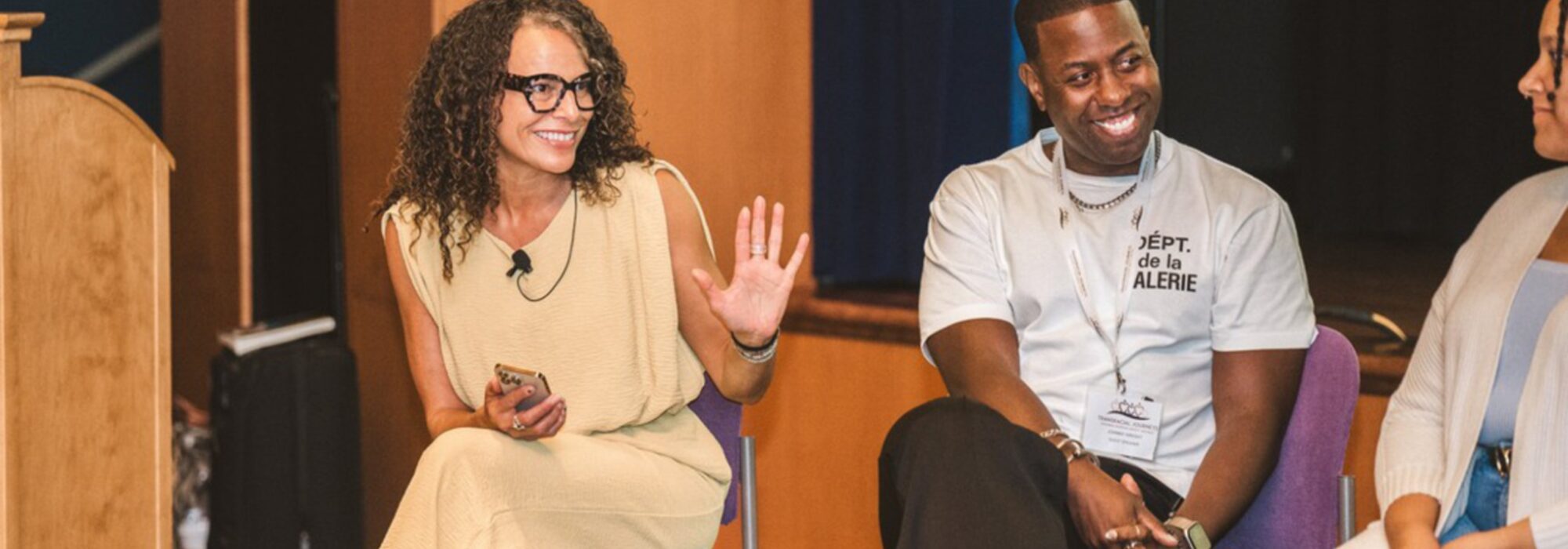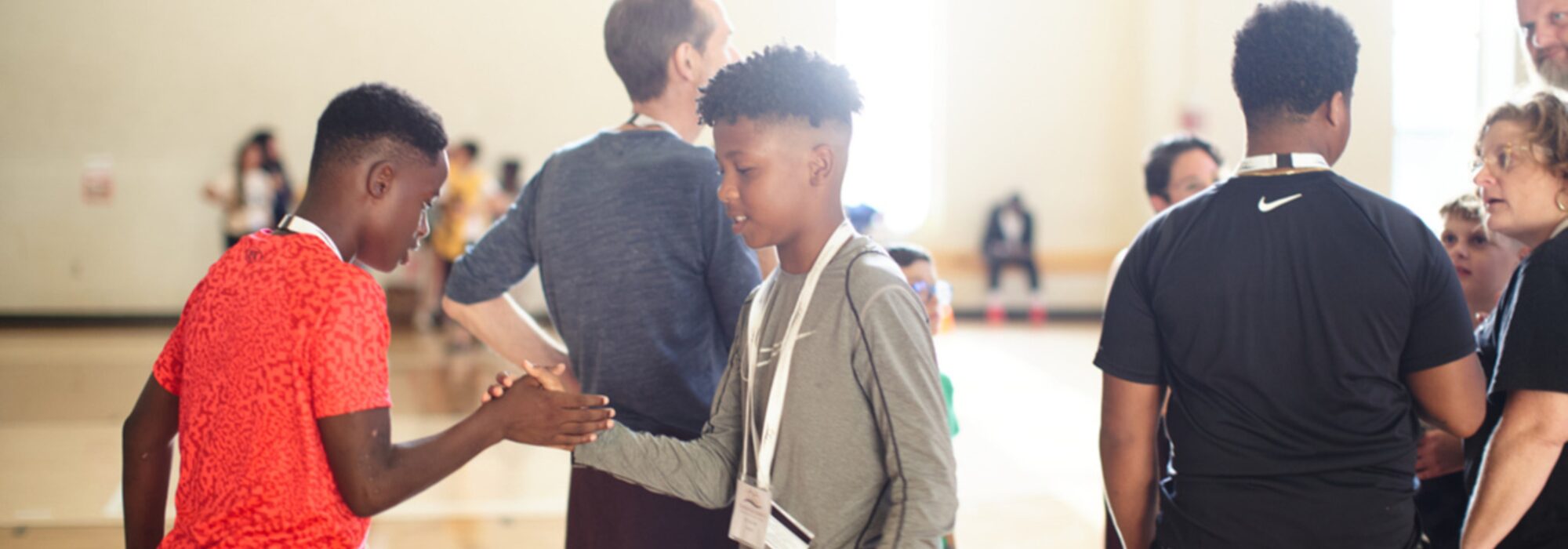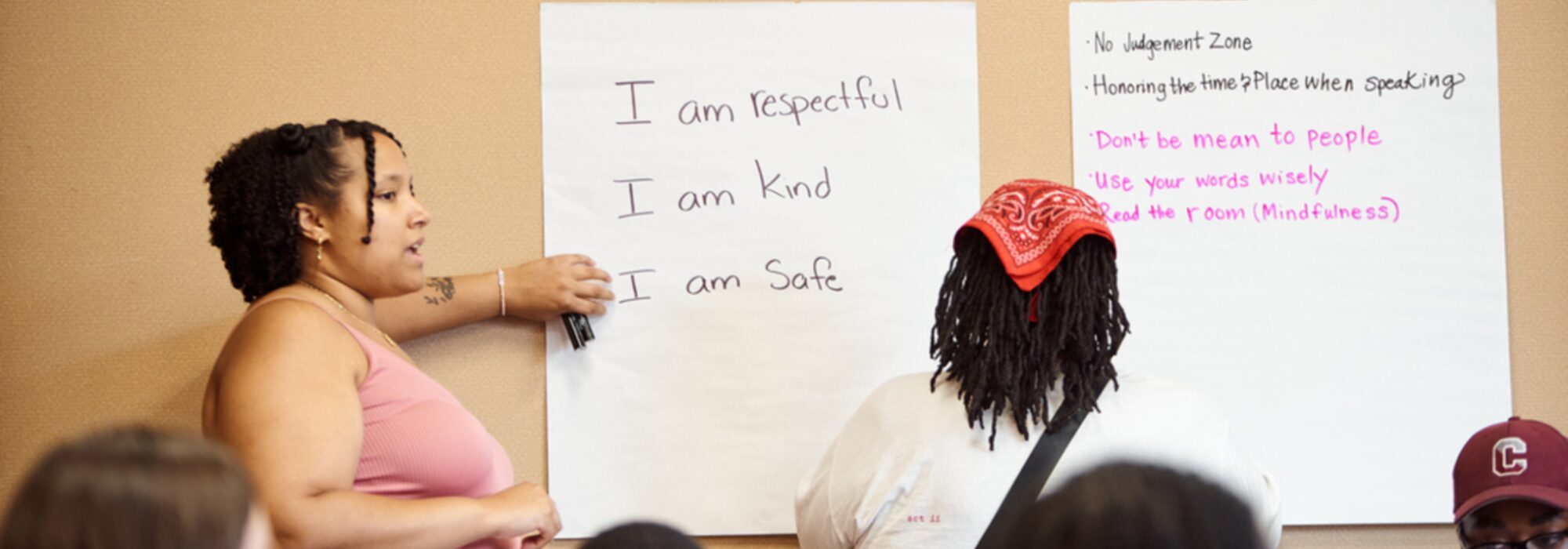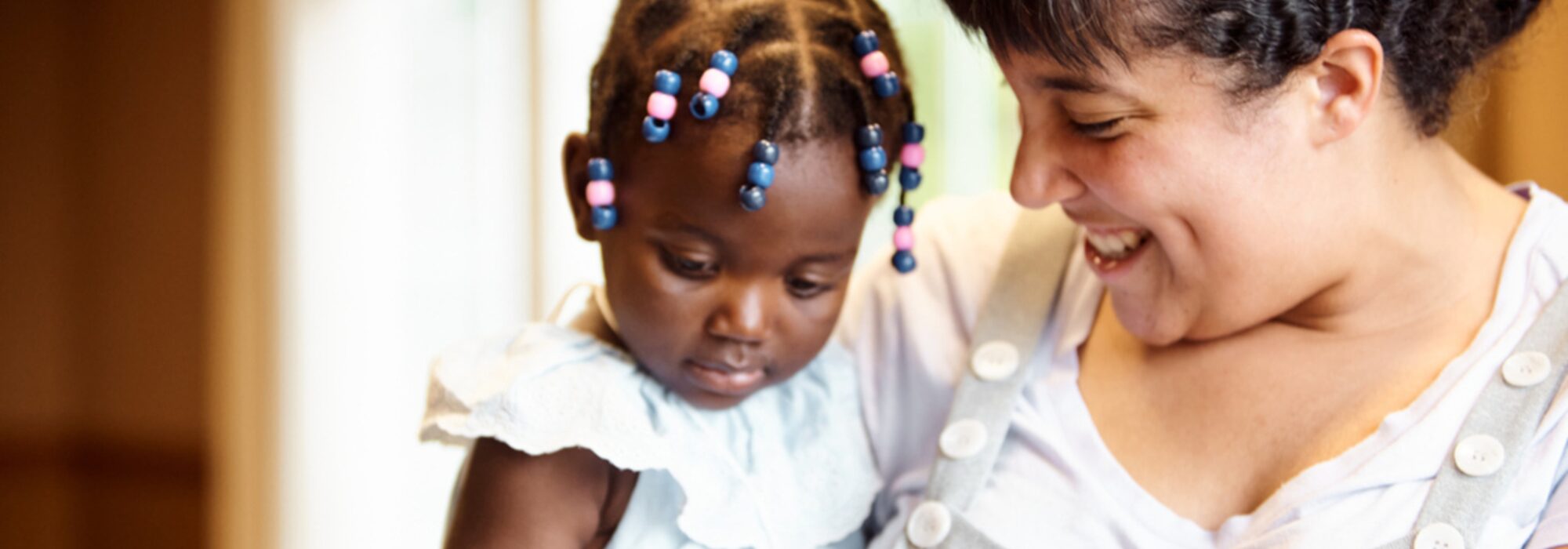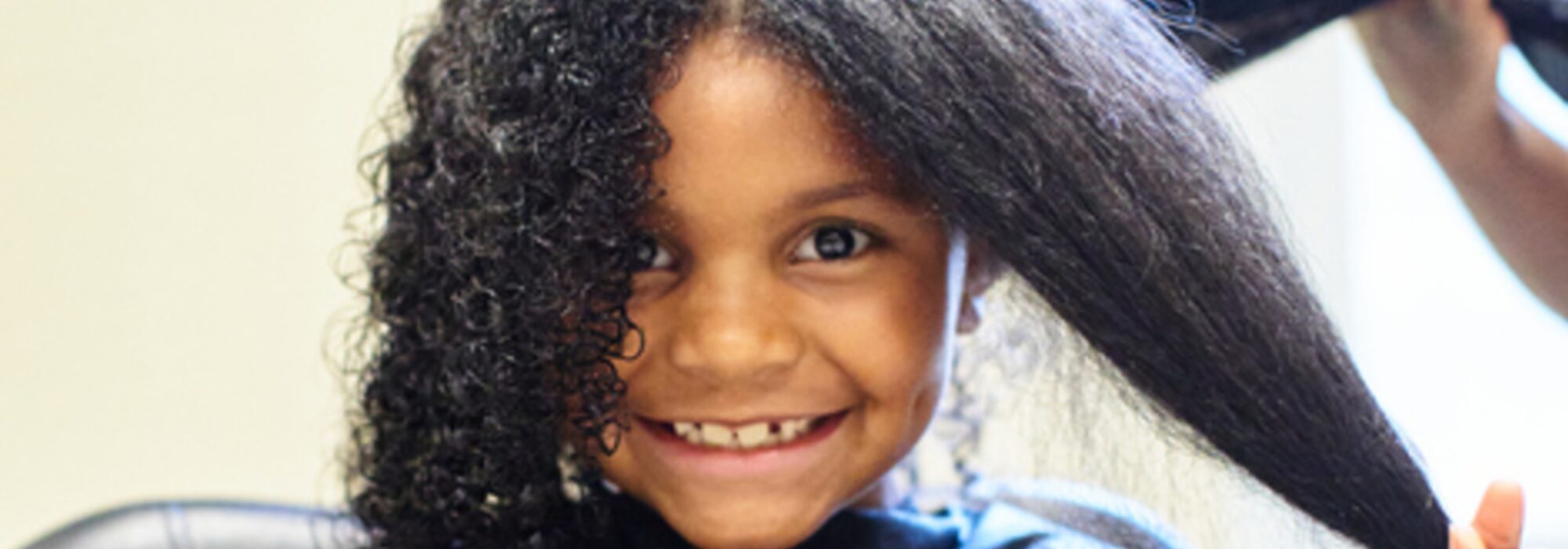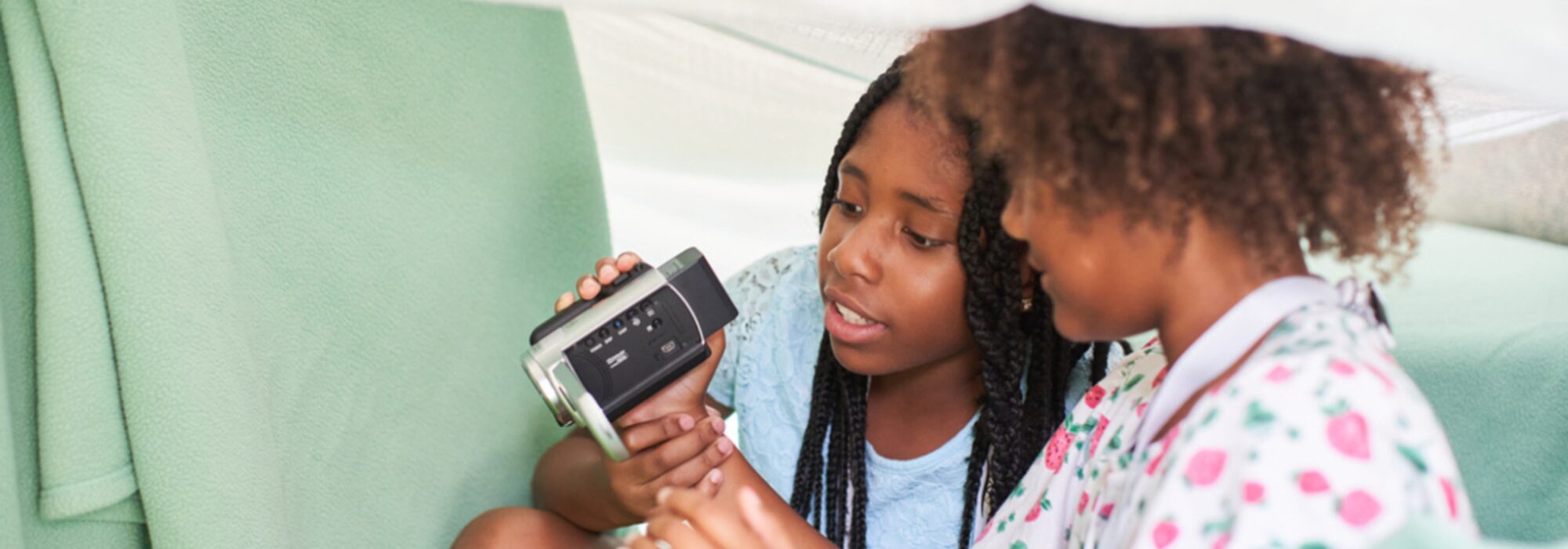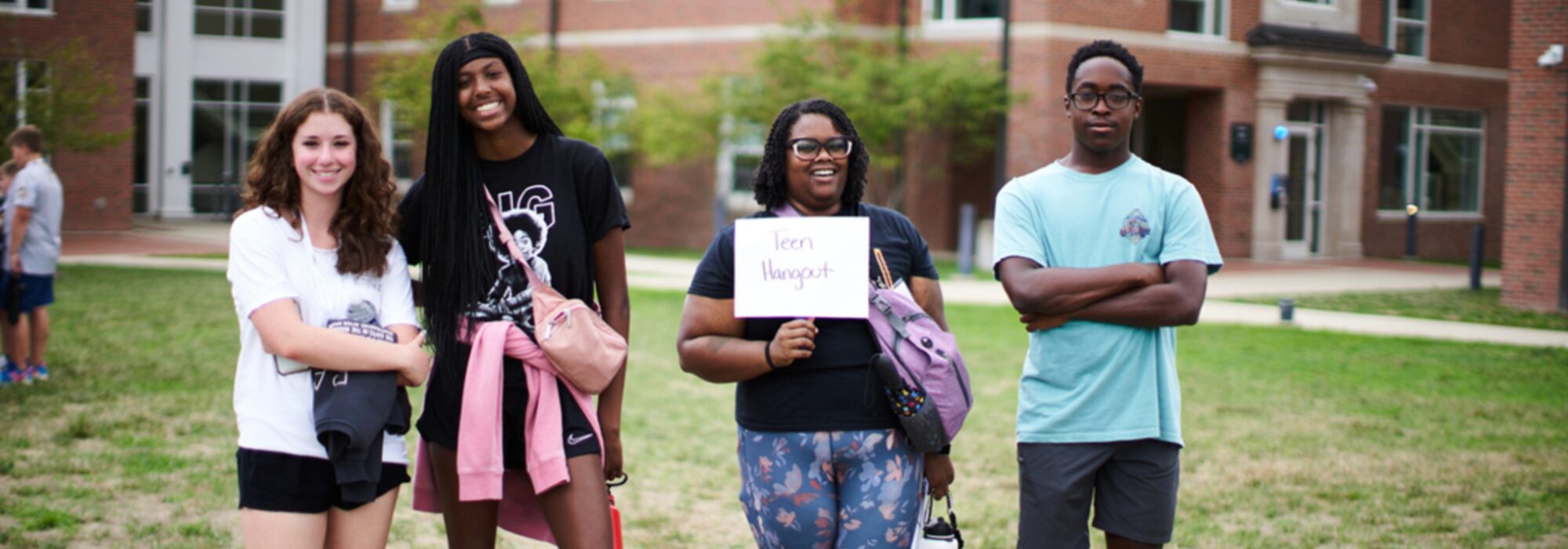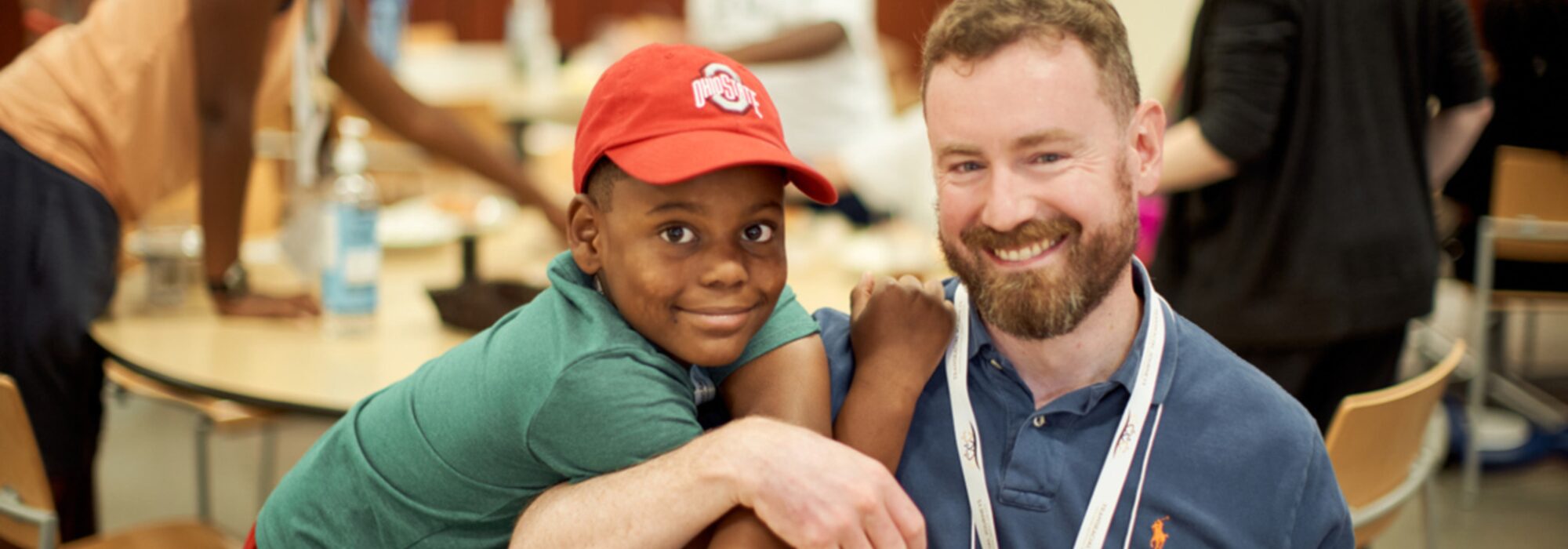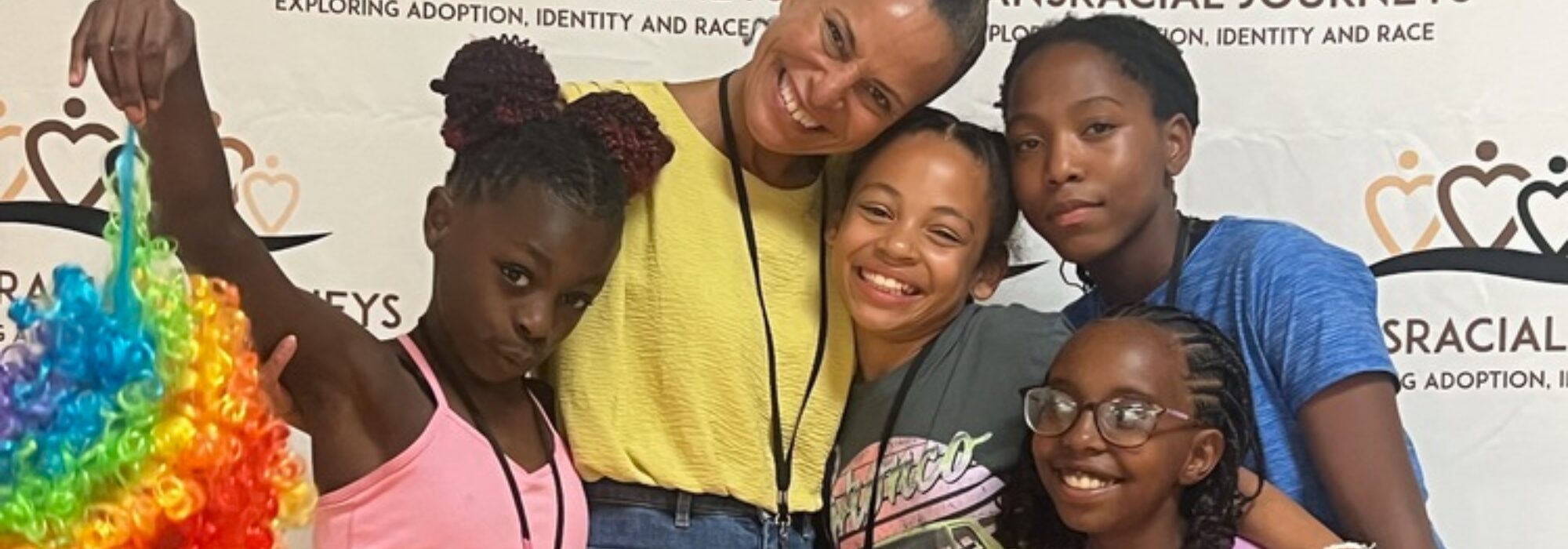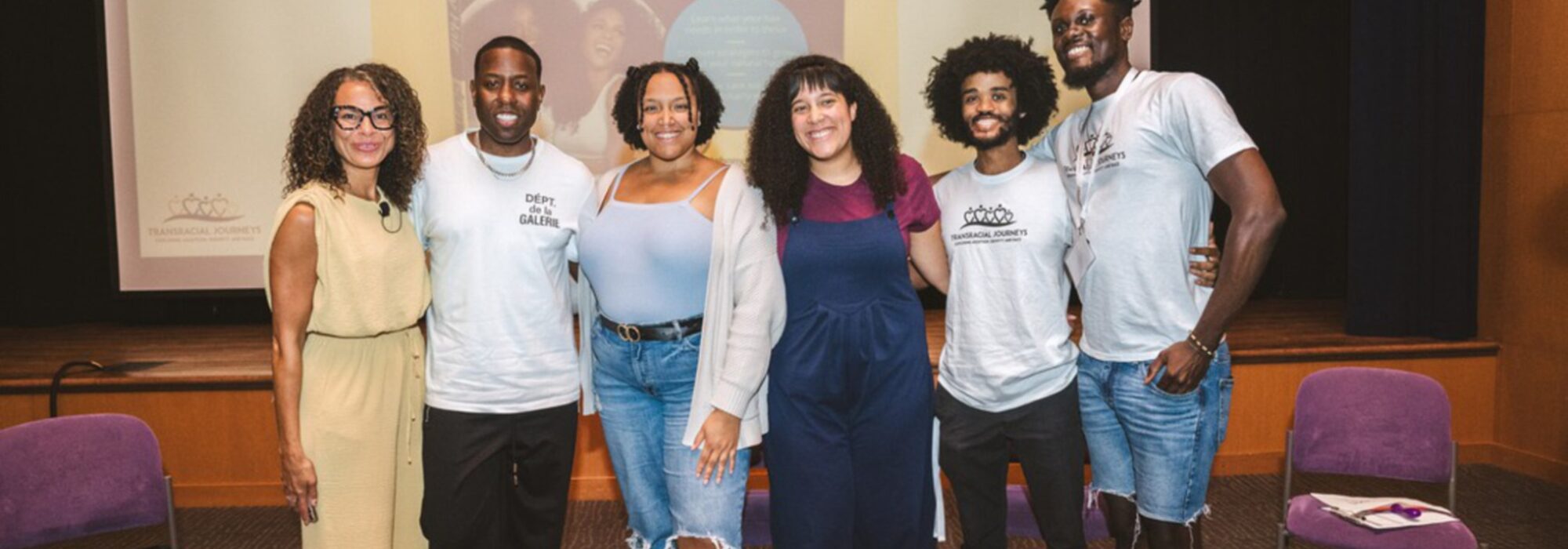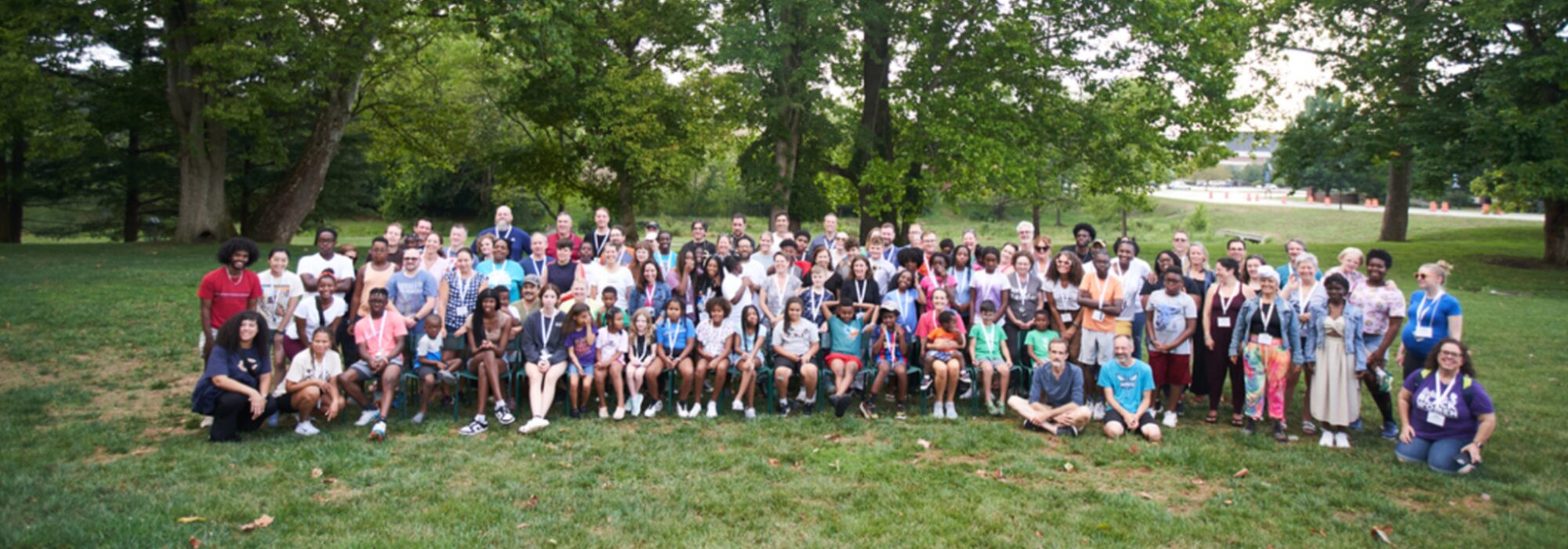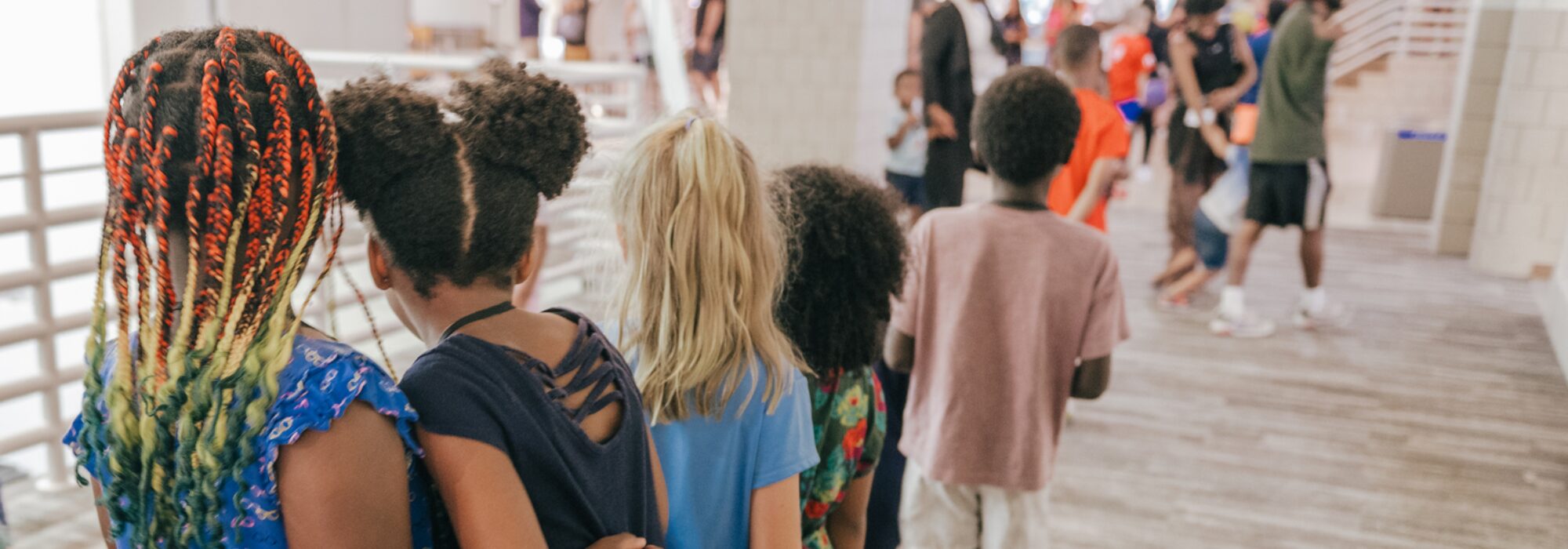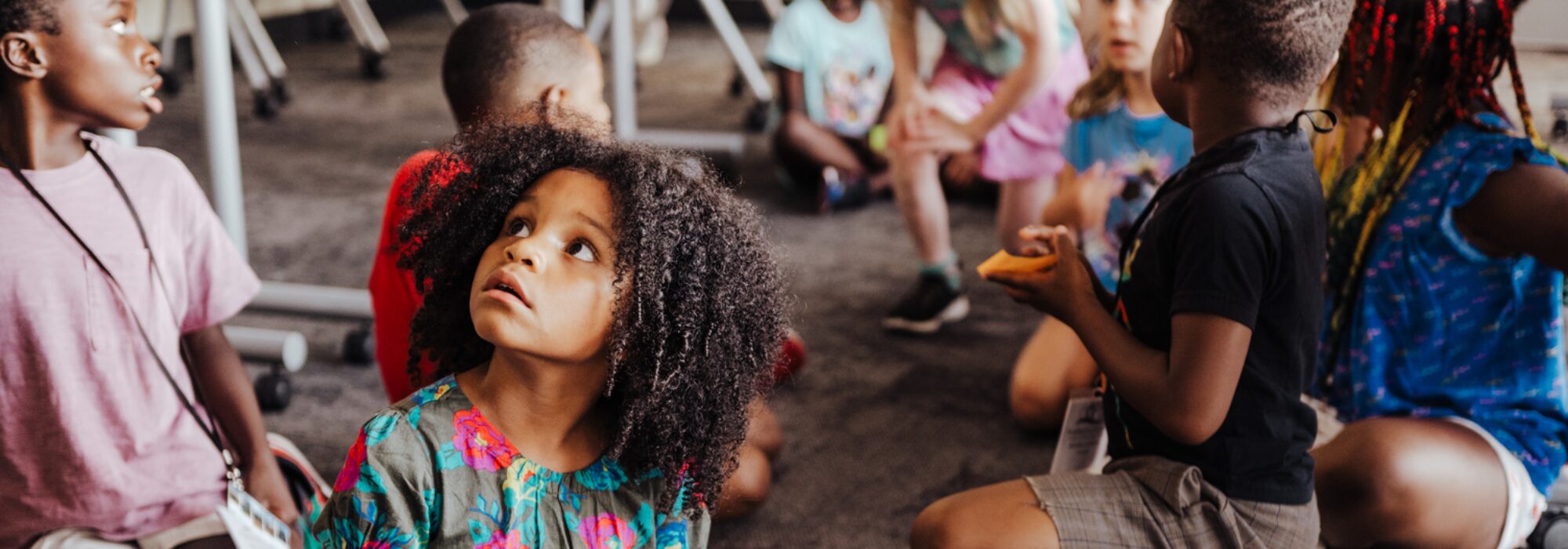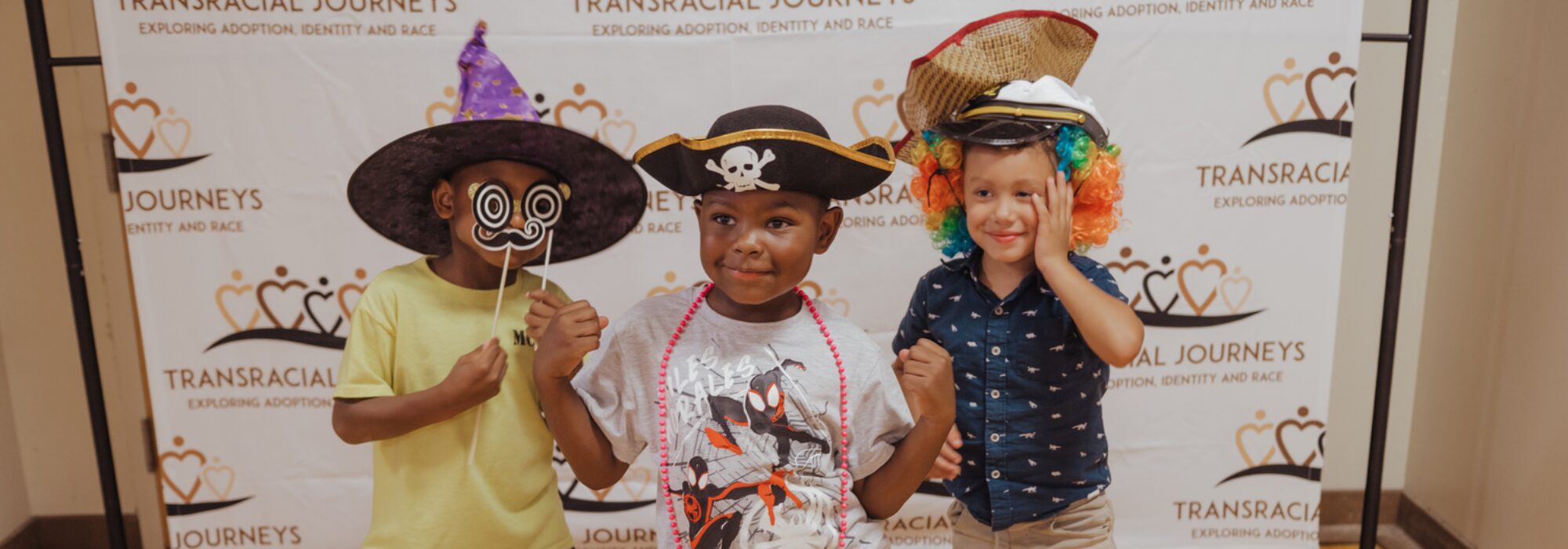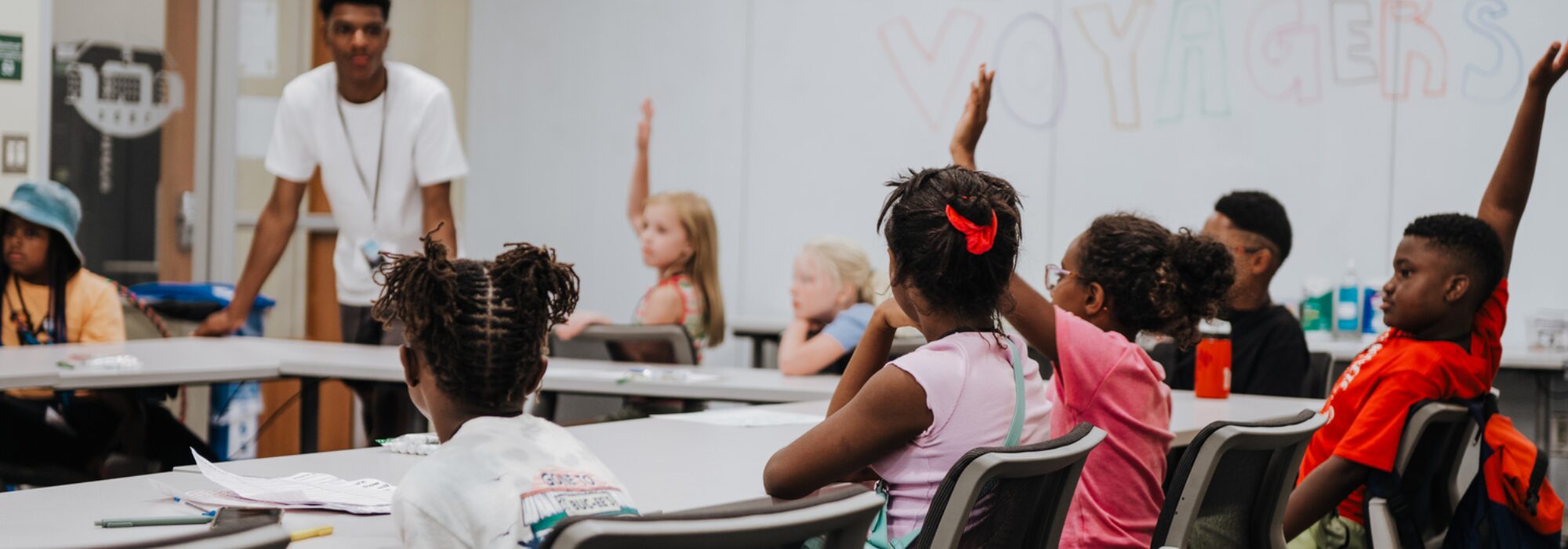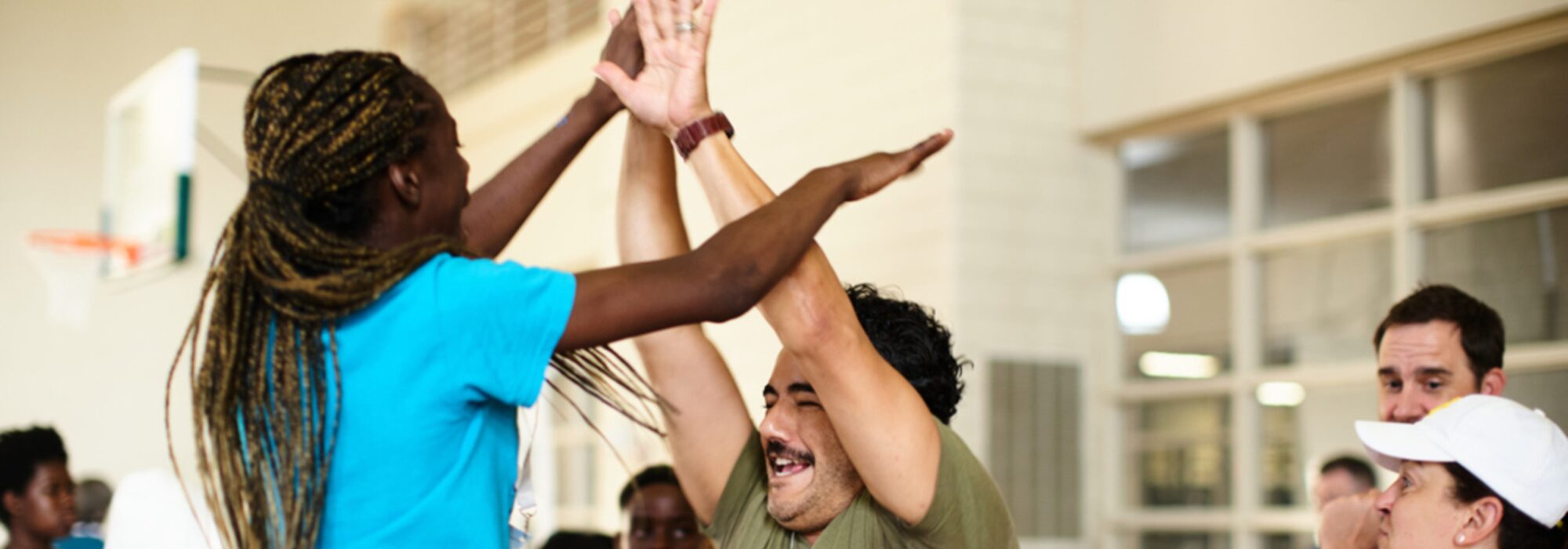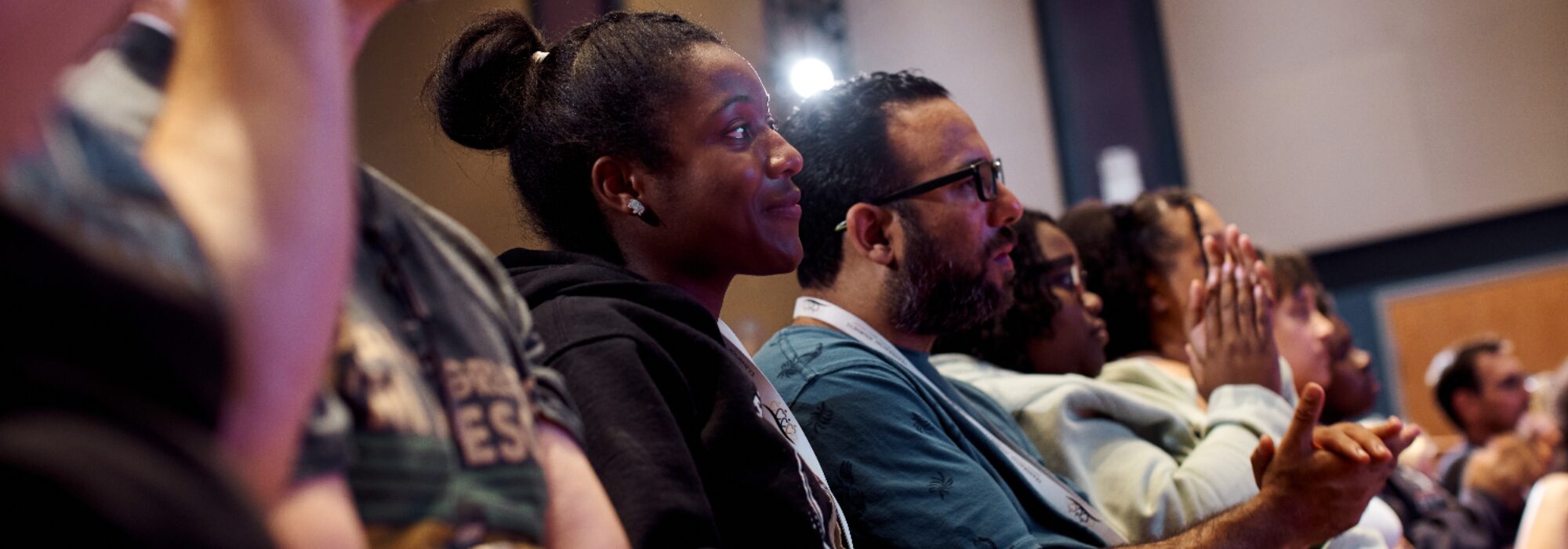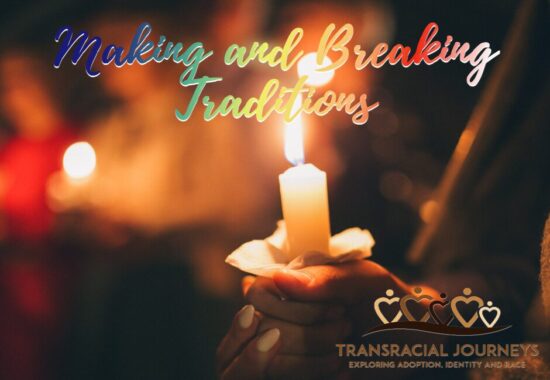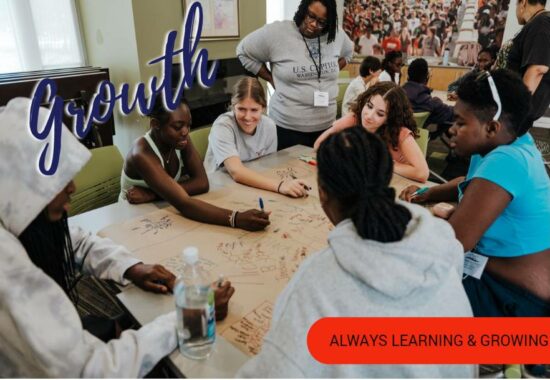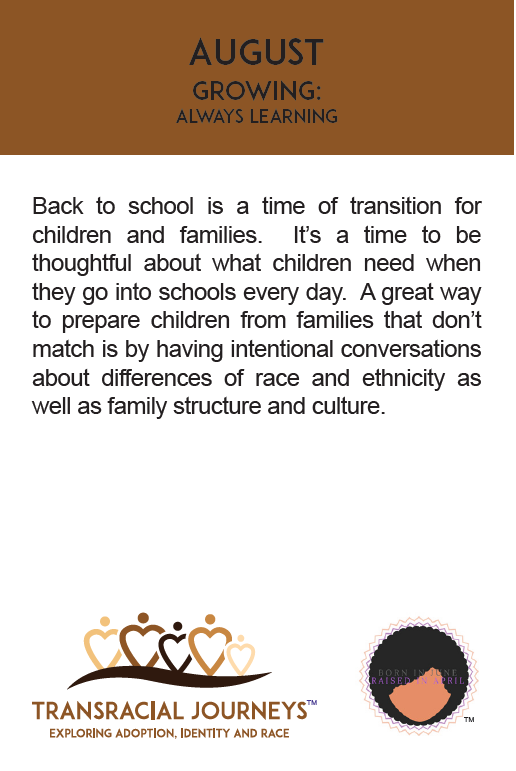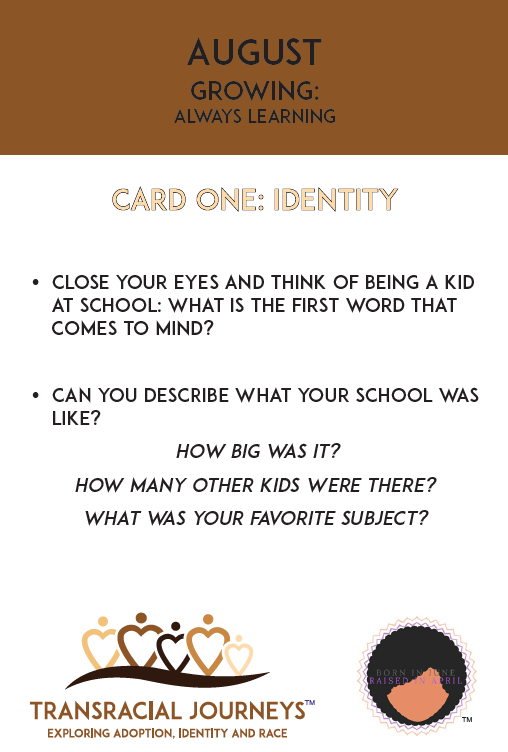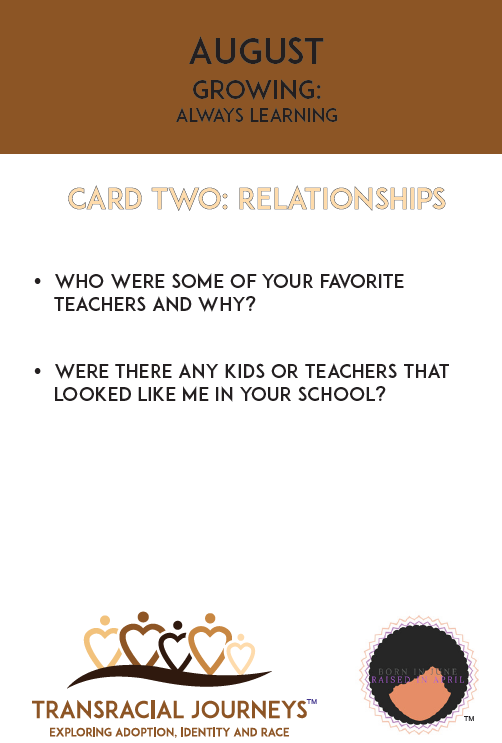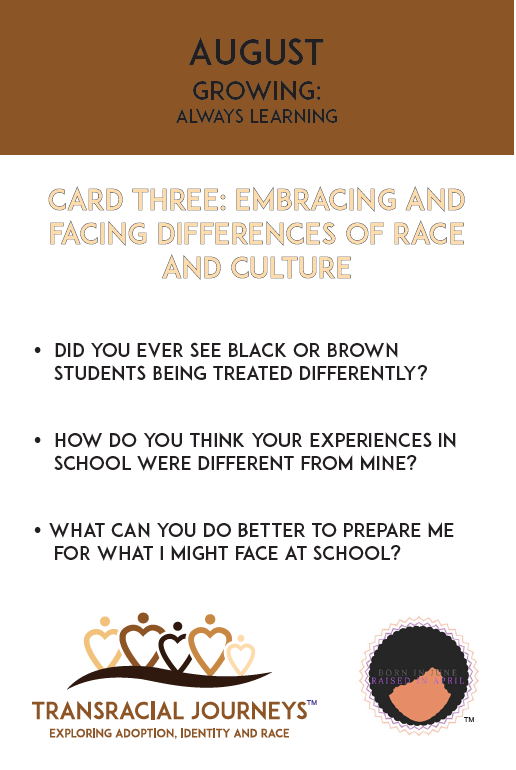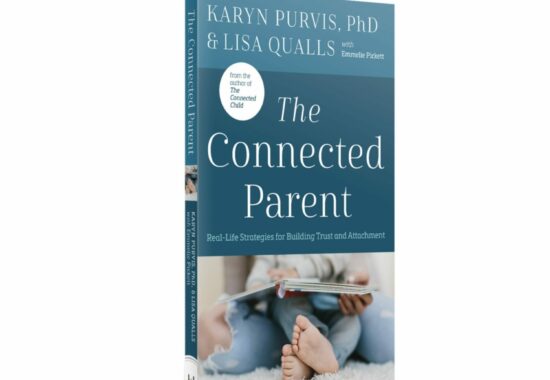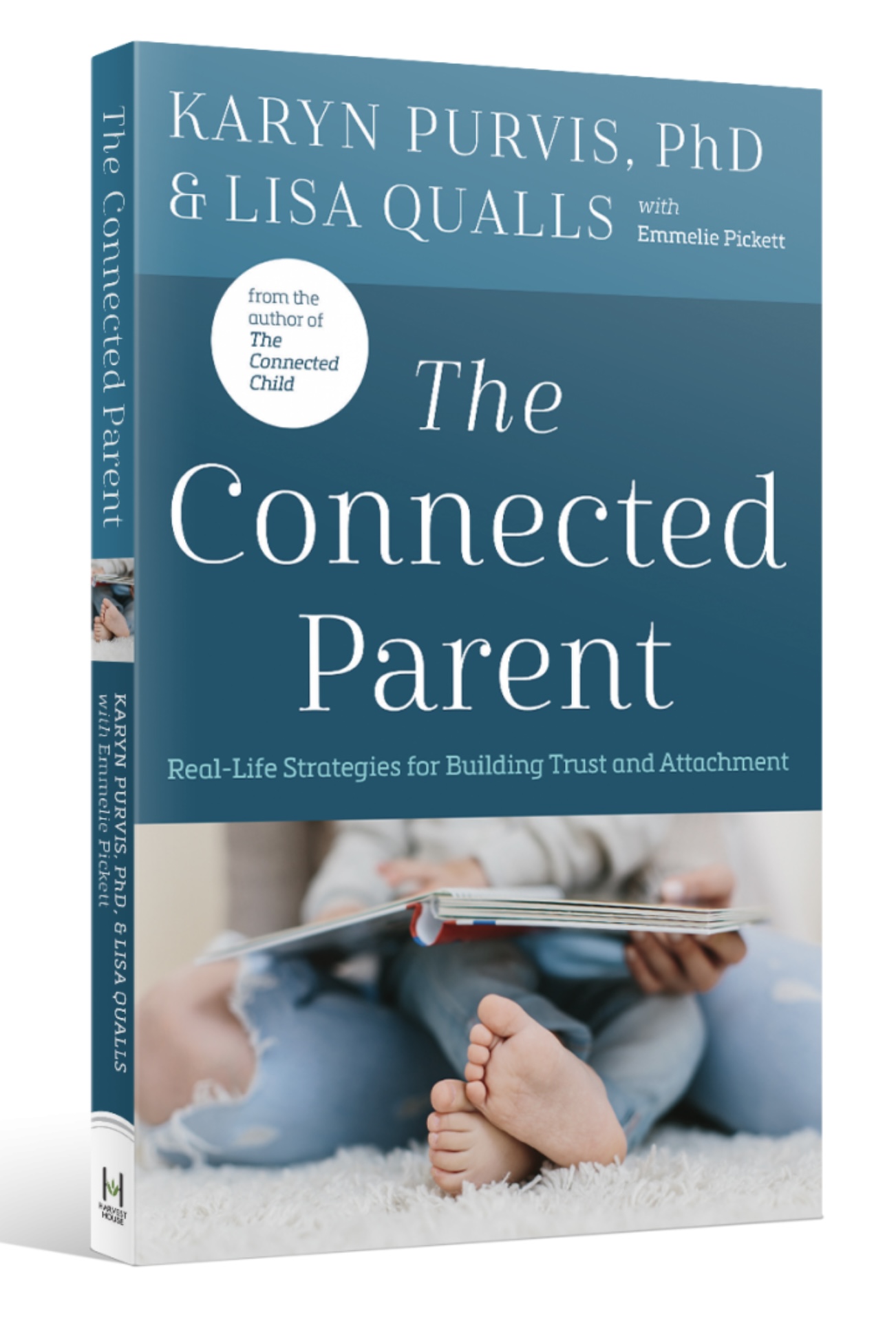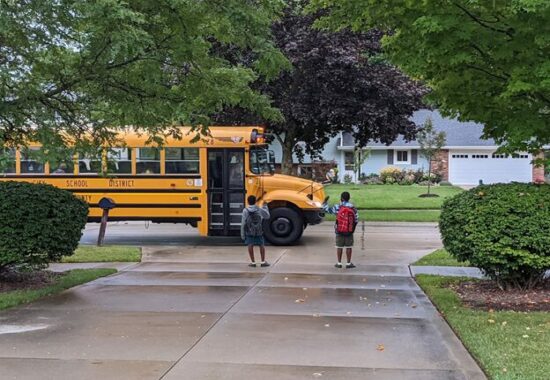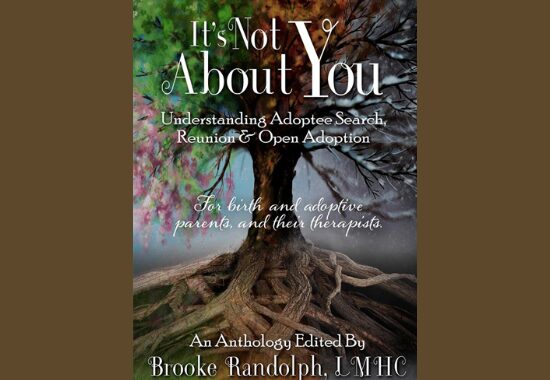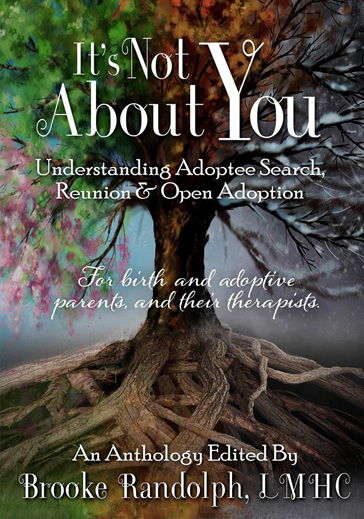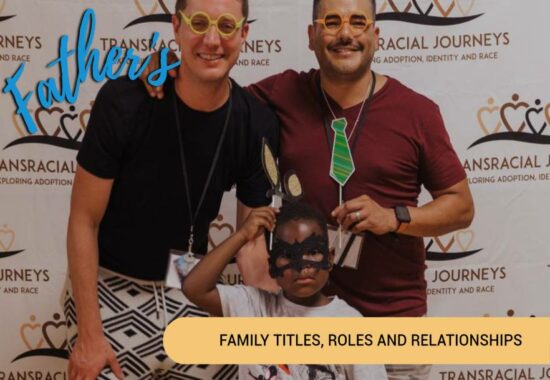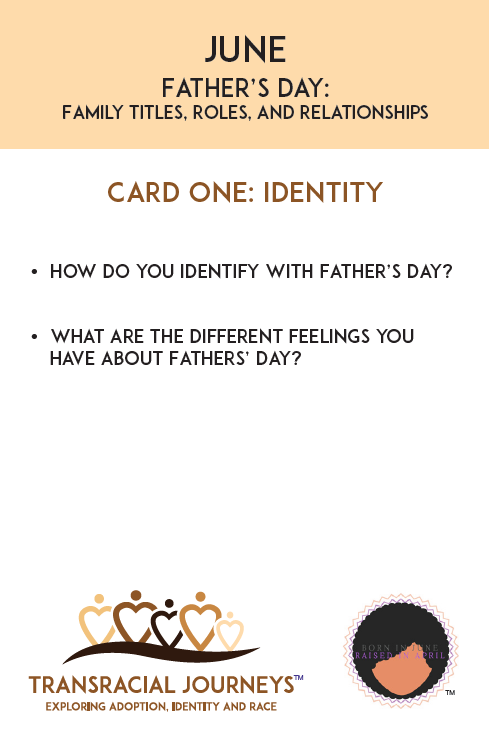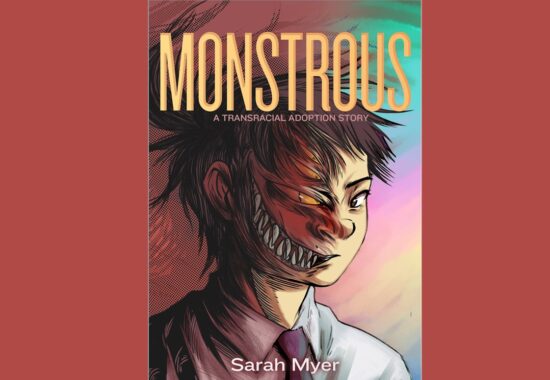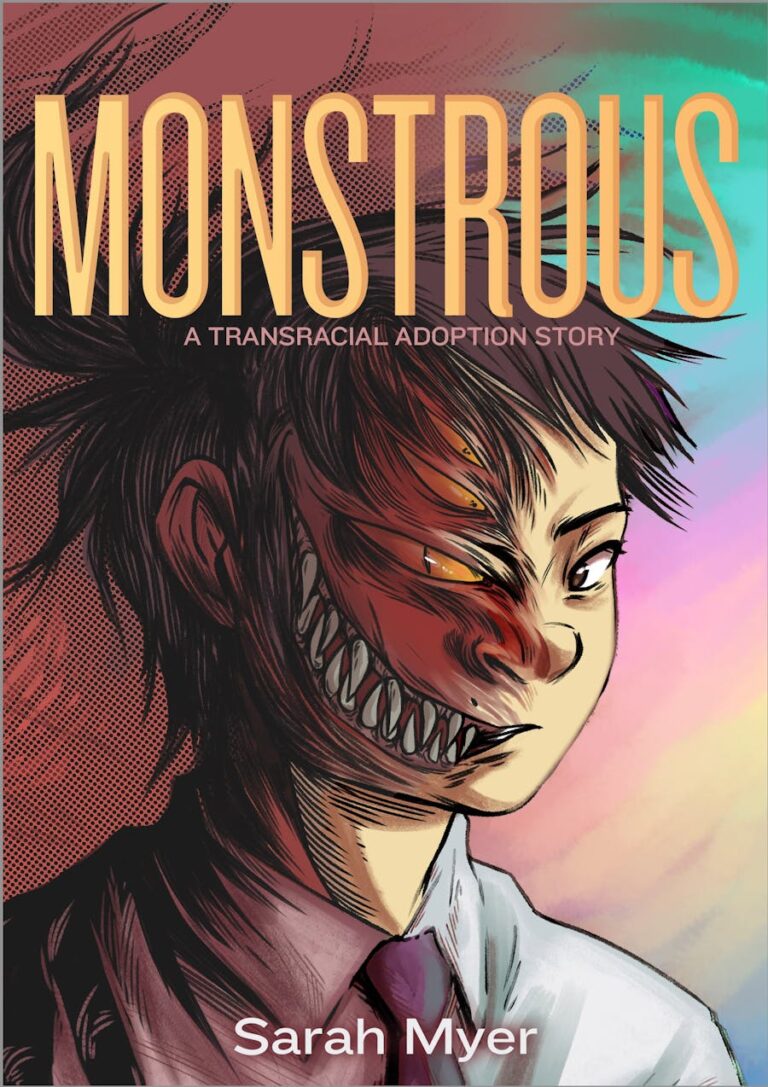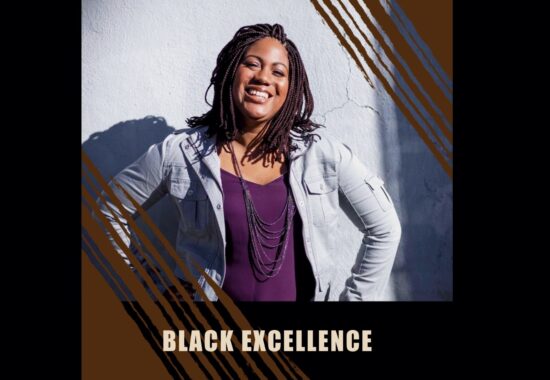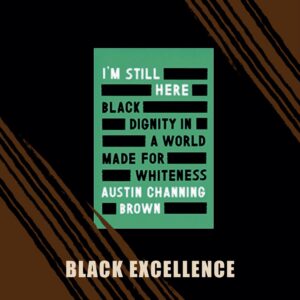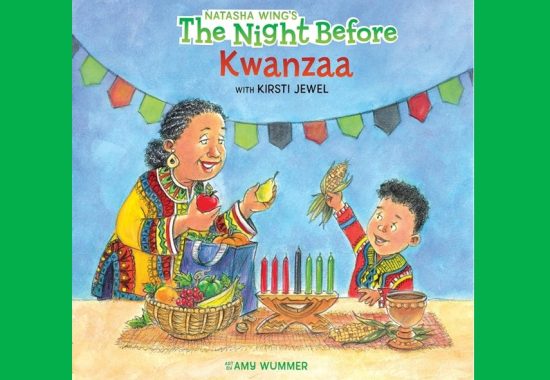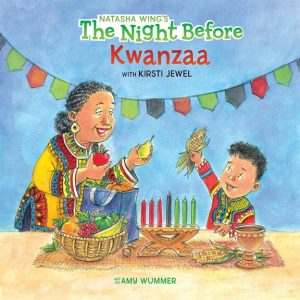A Message from the TRJ Board of Directors and Executive Director
At the intersection of Black History Month and a month when we celebrate love, we are reminded of the power of community, resilience, and the bonds that sustain us on our journeys. This year, those values feel more urgent than ever and why we are thrilled to announce our 2025 camp theme: Together on the Journey: Community, Empowerment, & Joy.
These words embody the heart of our mission—bringing transracially adopted children and their families together in a space of connection, learning, and growth. Each year, TRJ works to create a place where no one walks alone, where identity is celebrated, and where love is the foundation of everything we do.
It may feel like camp is a long way off, but it will be here before we know it! We are already preparing to welcome you back to Ohio University, where laughter will fill the air, friendships will deepen, and meaningful conversations will take place. Registration will open in March and we cannot wait to see both familiar and new faces join us on this incredible journey. As always, our theme will come to life with the help of our amazing Camp Co-Directors Mary and Karen along with our counselors, presenters and special guests.
Honoring Black history helps us celebrate the children entrusted to us through adoption and helps ensure a strong future. Doing this requires deep work to understand racial identity and belonging within a world that does not see the complexities of family separation and trauma. By committing to this work, we ensure that transracially adopted children are protected, seen, and valued for all that they are.
When we commit to this lifelong journey, we create the conditions for children to grow with confidence, cultural pride, and an unshakable sense of belonging. No matter how cold the climate may feel outside, TRJ is here to wrap you in warmth, understanding, and the unshakable knowledge that together the journey can be better and brighter.
We look forward to walking this journey with you. More on camp very soon! Until then, save the dates - July 30th- August 3rd.
Together, we’ll grow.
Together, we’ll heal.
Together, we’ll thrive.
With Love,
The TRJ Board of Directors & Executive Director
Pictures from 2024 Transracial Journeys Family Camp at Ohio University
This post is an announcement from our February, 2025, newsletter. If you would like to get our newsletter in your inbox each month, as well as information about our annual Transracial Journeys Family Camp and our monthly Zoom call to provide support for our transracial adoption parents please subscribe.

